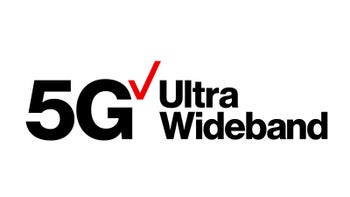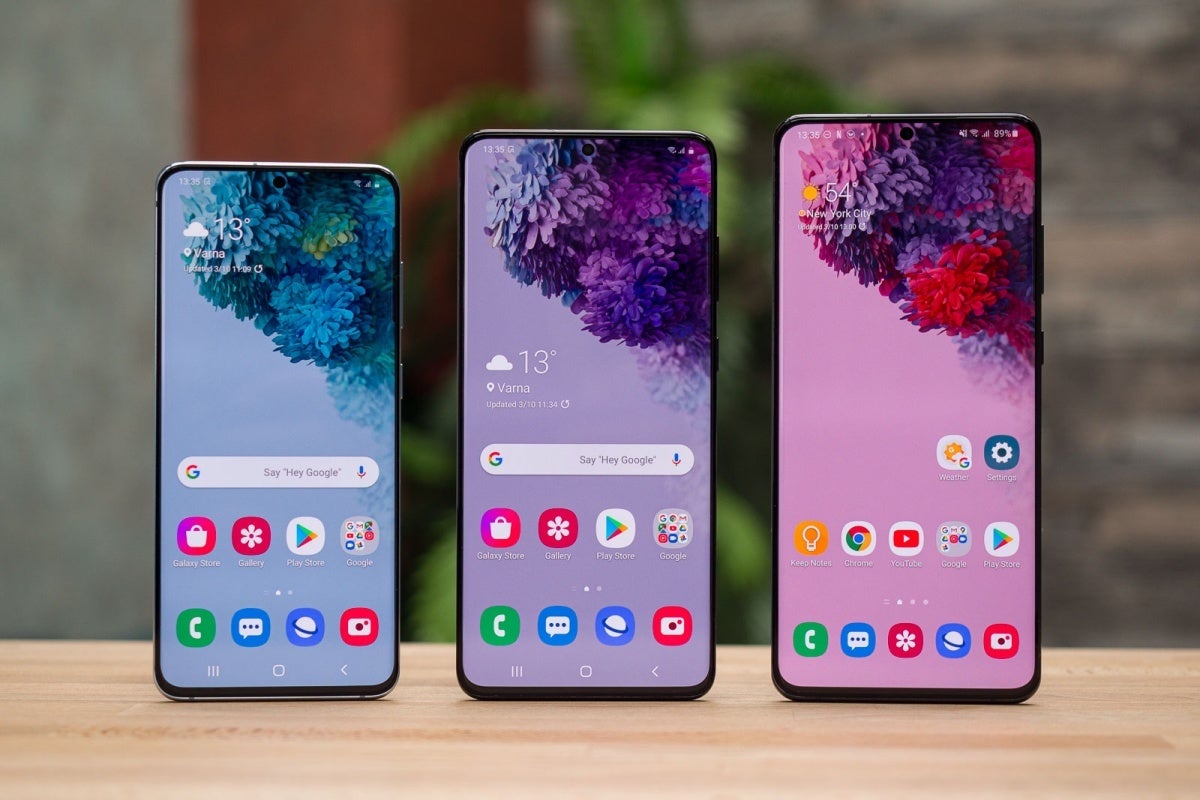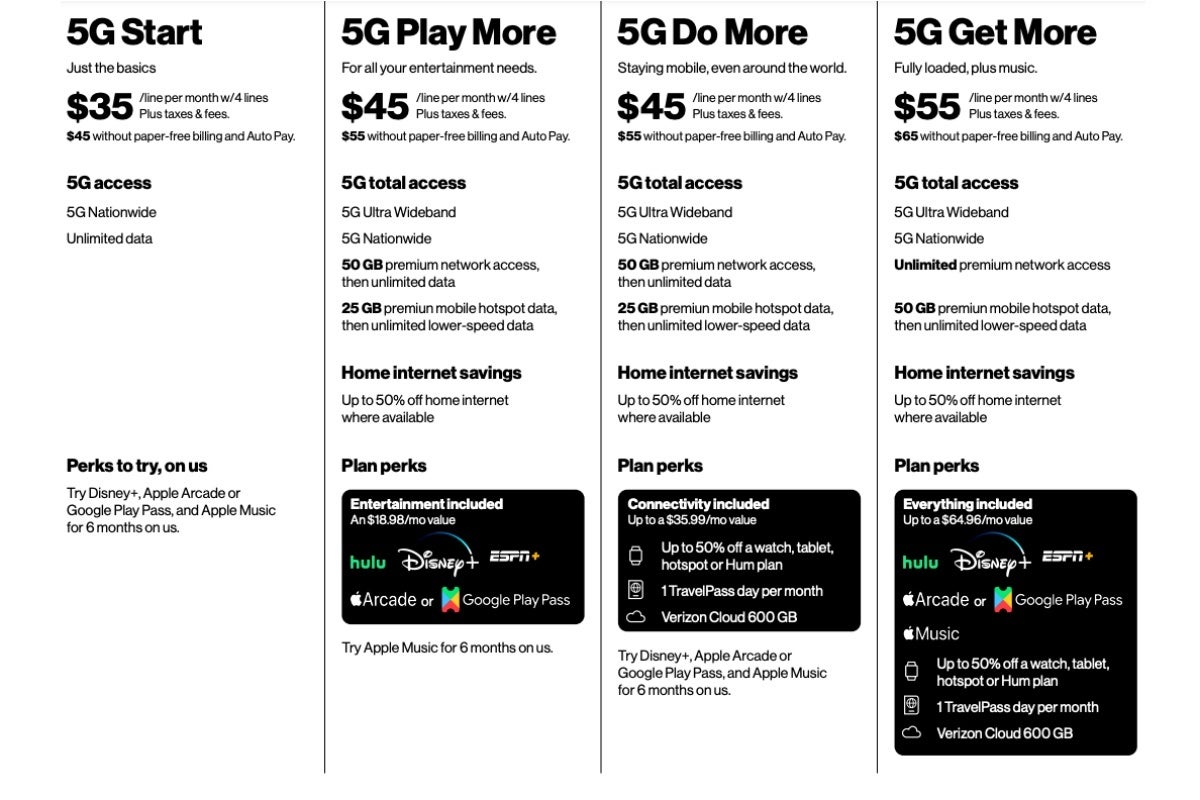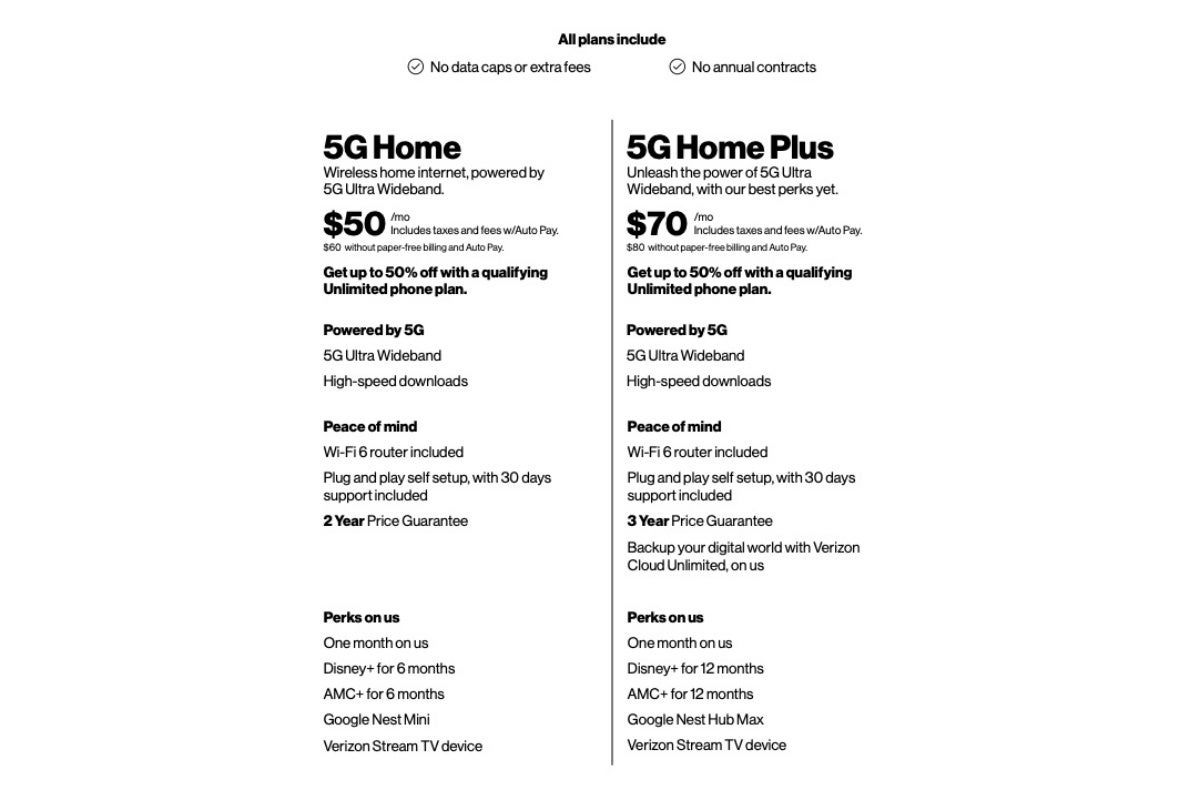All the Verizon C-band 5G details are now out: launch date, supported devices, and more

Well, that sure didn't take long. It was only yesterday that Verizon proudly touted its impending 5G Ultra Wideband expansion to "more than" 100 million people... without providing a whole lot in terms of actual network availability details or a specific C-band launch date, and pretty much all the information on this crucial matter for the entire US wireless industry is out.
As it turns out, the January 19 rollout date prematurely revealed by President Biden (of all people) is etched in stone, and believe it or not, the largest mobile network operator stateside expects to hit the 100 million milestone on day one of its highly anticipated and slightly delayed C-band deployment.
What will you need to access Verizon's expanded 5G UW network?
Well, first and foremost, you'll obviously have to be one of the 100 million+ people (theoretically) covered right out the gate exactly two weeks from today... or be able to join the ultra-high-speed party a little further down the line.
In case you're wondering, Big Red may not plan to stay at "just" 100 mil for long, preparing to "flip the switch" on January 19 and "building every single day" with the goal of rapidly spreading the love to new people and new places.

The list of places where the C-band switch will be flipped this month should unsurprisingly include every major city from New York to Los Angeles, Chicago, San Francisco, Philadelphia, Boston, Dallas, Miami, Houston, Atlanta, Detroit, Orlando, Cleveland, Phoenix, Seattle, San Diego, Portland, Denver, Sacramento, Pittsburgh, Las Vegas, San Antonio, Nashville, Austin, and New Orleans.
In total, we're talking 46 "major metro areas", which may sound a little low but is actually more than enough to hit and far exceed 100 million people as every single one of those "areas" includes "huge rural regions" in addition to the country's largest cities.
While you'll still have to wait for the carrier's detailed coverage map to be published at some point this month to know for sure if you'll be able to tap into an expanded 5G Ultra Wideband signal from the get-go, PCMag reports that the network will "start in center cities and work outwards" from there, which is definitely good news for residents of all those "center" places listed above.

No C-band love for the Galaxy S20 series?
Of course, there's also the issue of compatible devices, which might not be as simple as some of you had hoped. For the time being, Apple's iPhone 13 and 12 families, the full iPad 5G lineup, as well as Samsung's Galaxy Z Fold 3, Z Flip 3, and S21 series, and Google's Pixel 6 duo are confirmed to support C-band technology with the help of a software update available right now or coming soon.
That could leave out quite a few mmWave-equipped phones and tablets, although for what it's worth, Verizon is promising all new 5G devices going forward will be C-band compatible, boosting the carrier's total number to "more than 20" supporting gadgets by the end of 2022, which is... still not that impressive.
Check out Verizon's new mobile and home internet plans
Yesterday's 100 million announcement was so exciting that the nation's number one wireless service provider buried its brand-new plan lineups for phones, homes, and businesses near the end of it.
These revised options are actually already available, starting at $70 a month per line with the "basic" 5G Start offer. That's... arguably not a great deal, including no 5G Ultra Wideband access whatsoever, but on the bright side, the all-encompassing 5G Get More wireless plan is not that much costlier, at $90 a month and up.

That's Big Red's long overdue answer for T-Mobile's "truly unlimited" $85 Magenta Max plan, mind you, offering unlimited "premium" network access and putting a 50GB cap on "premium" mobile hotspot data that eclipses the "Un-carrier's" 40 gig limit.
The 5G Play More and 5G Do More options are fairly competitively priced too, at $80 each, with 5G "total access", 50 gigs of "premium" data, and a 25GB monthly allotment for high-speed mobile hotspot data.
Powered by 5G Ultra Wideband technology as well, Verizon's 5G Home and 5G Home Plus plans should also be strongly considered by folks who don't like "messy wires", annual contracts, extra fees, data overages, or equipment charges.

At $50 and $70 a month respectively, the two strikingly similar Big Red options naturally aim to compete with T-Mobile's single $50 5G home internet plan, and depending on where you live, Verizon could definitely feel like the smarter and even more affordable choice, especially if you can qualify for the up to 50 percent discount offered for select Unlimited phone account holders.
















Things that are NOT allowed: